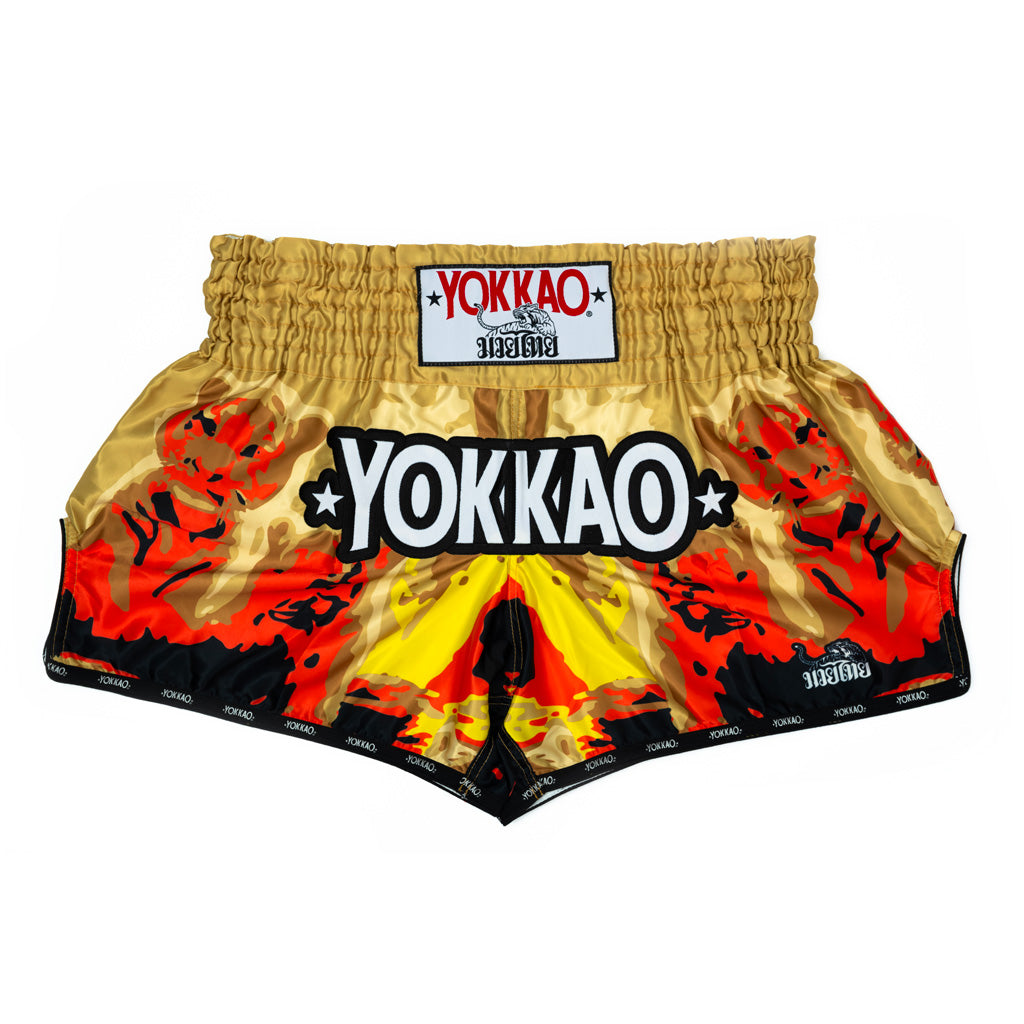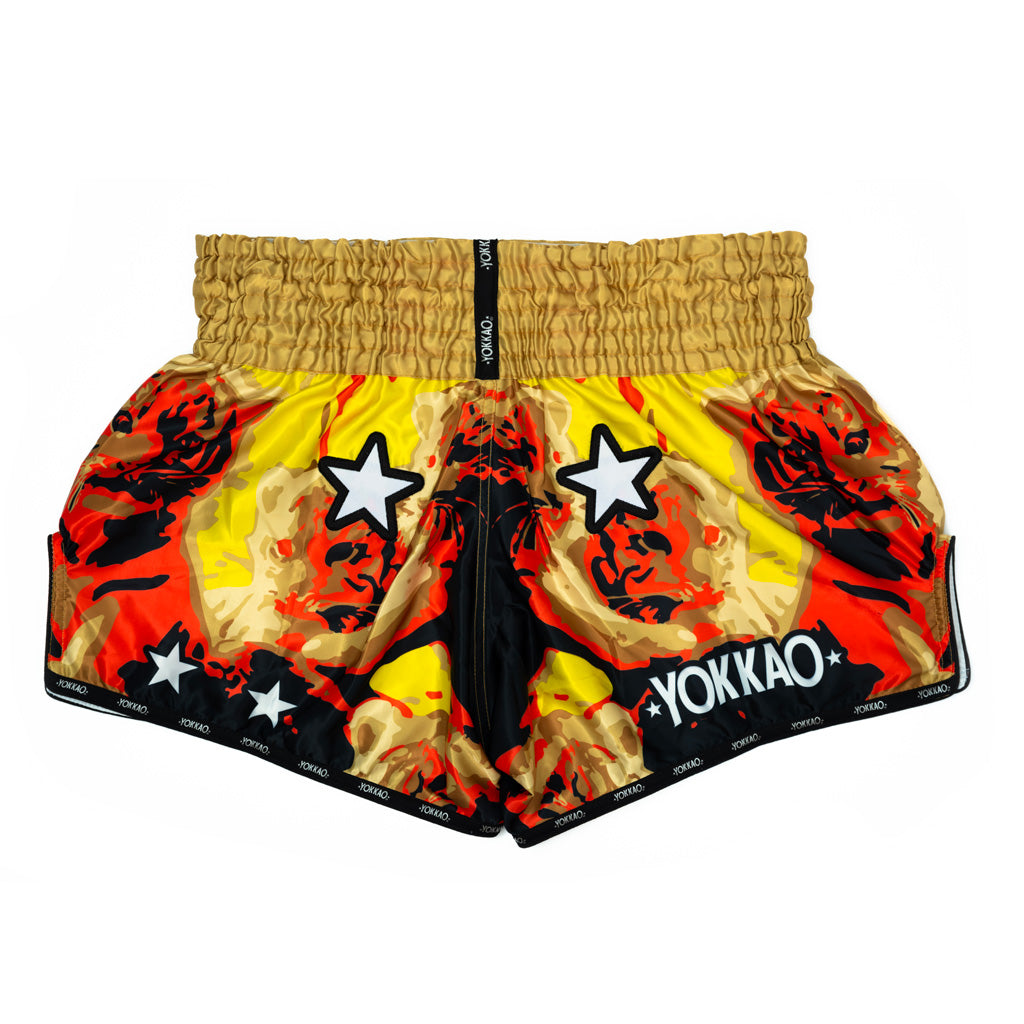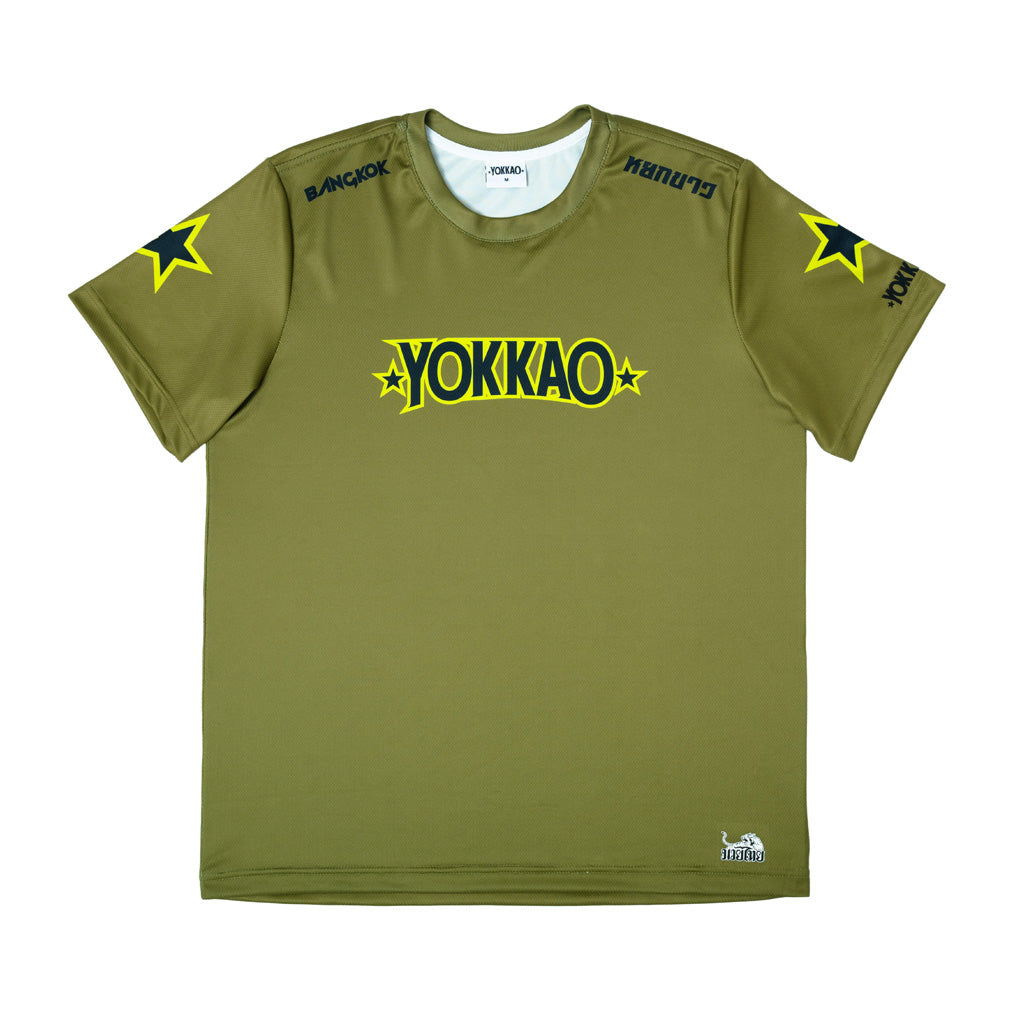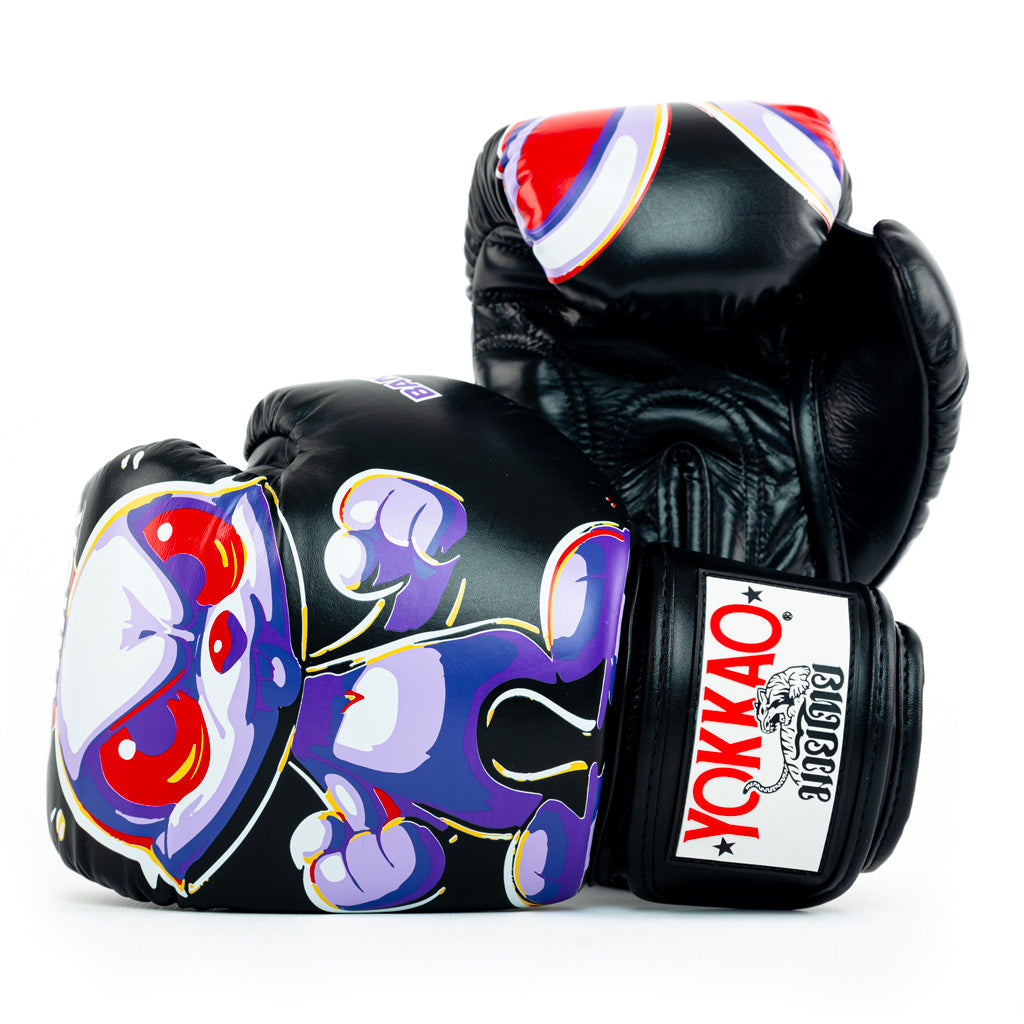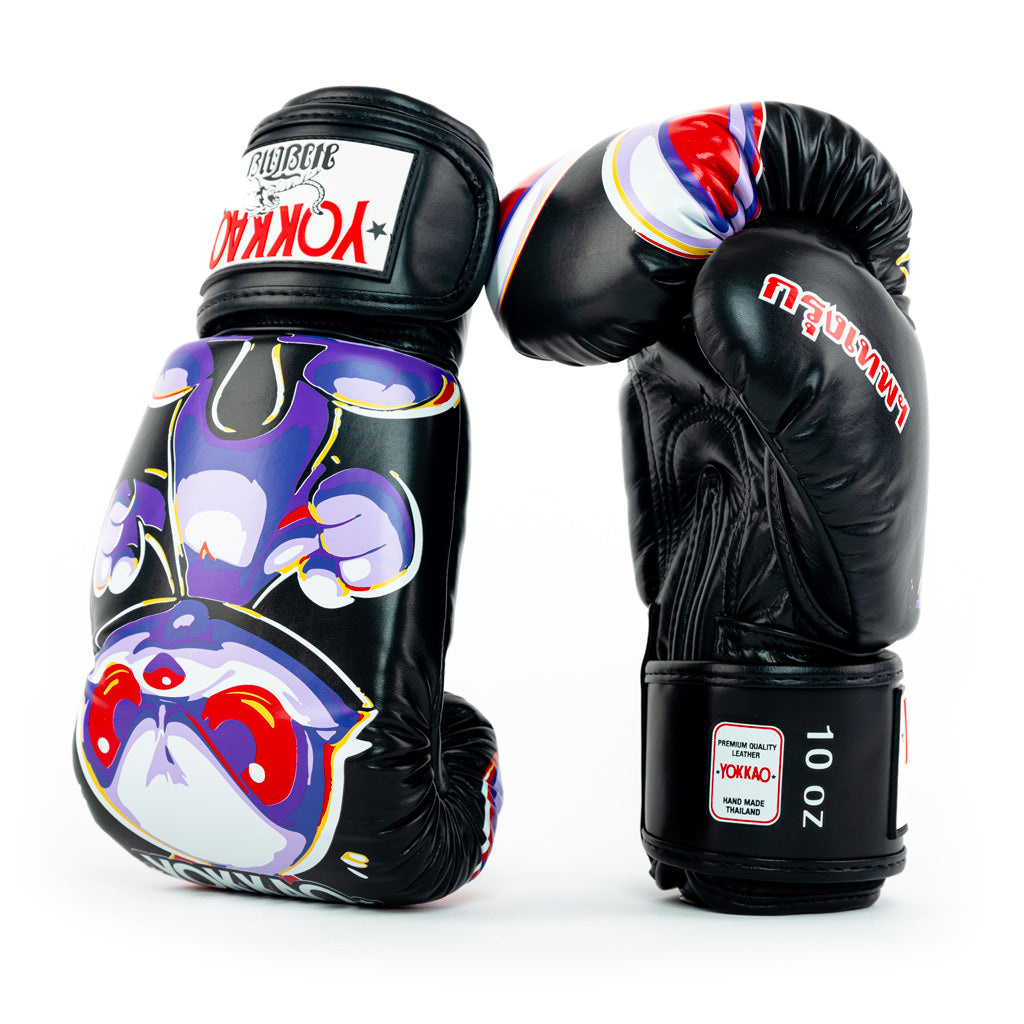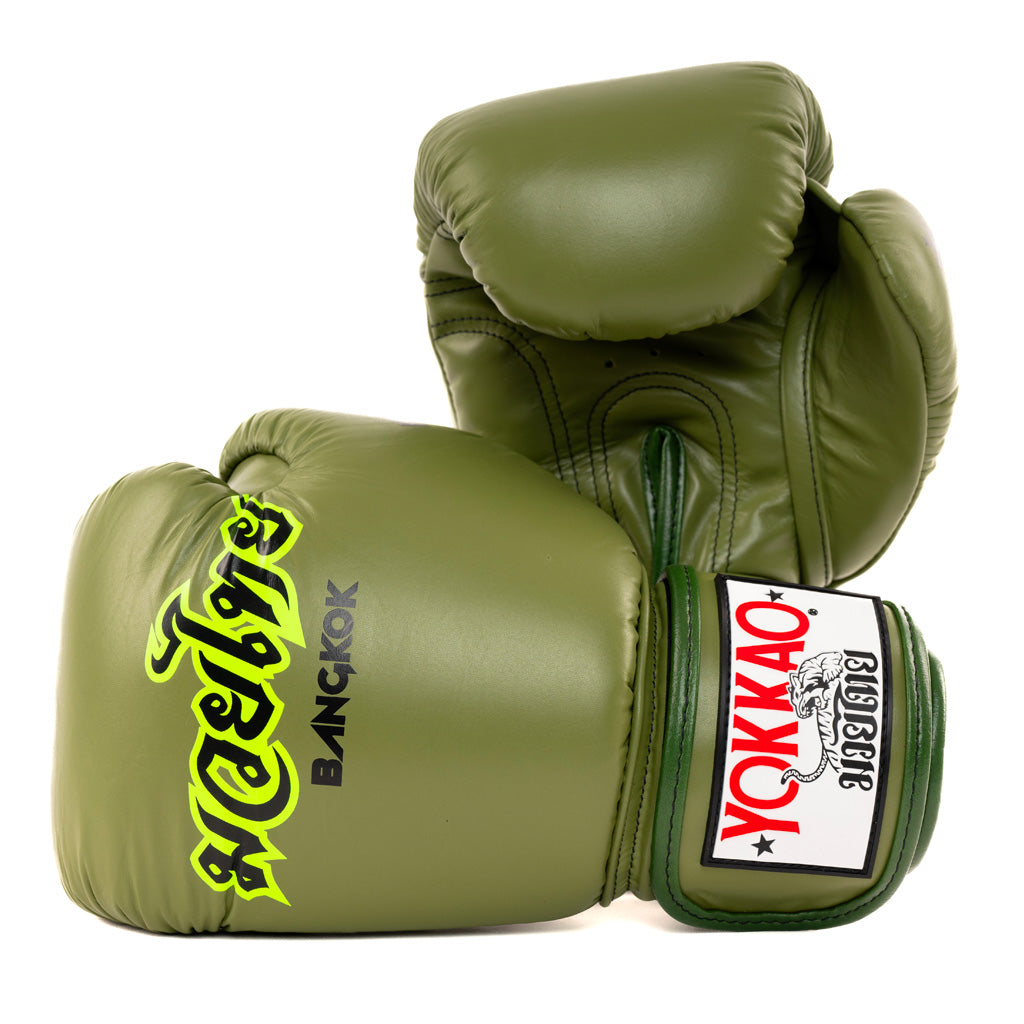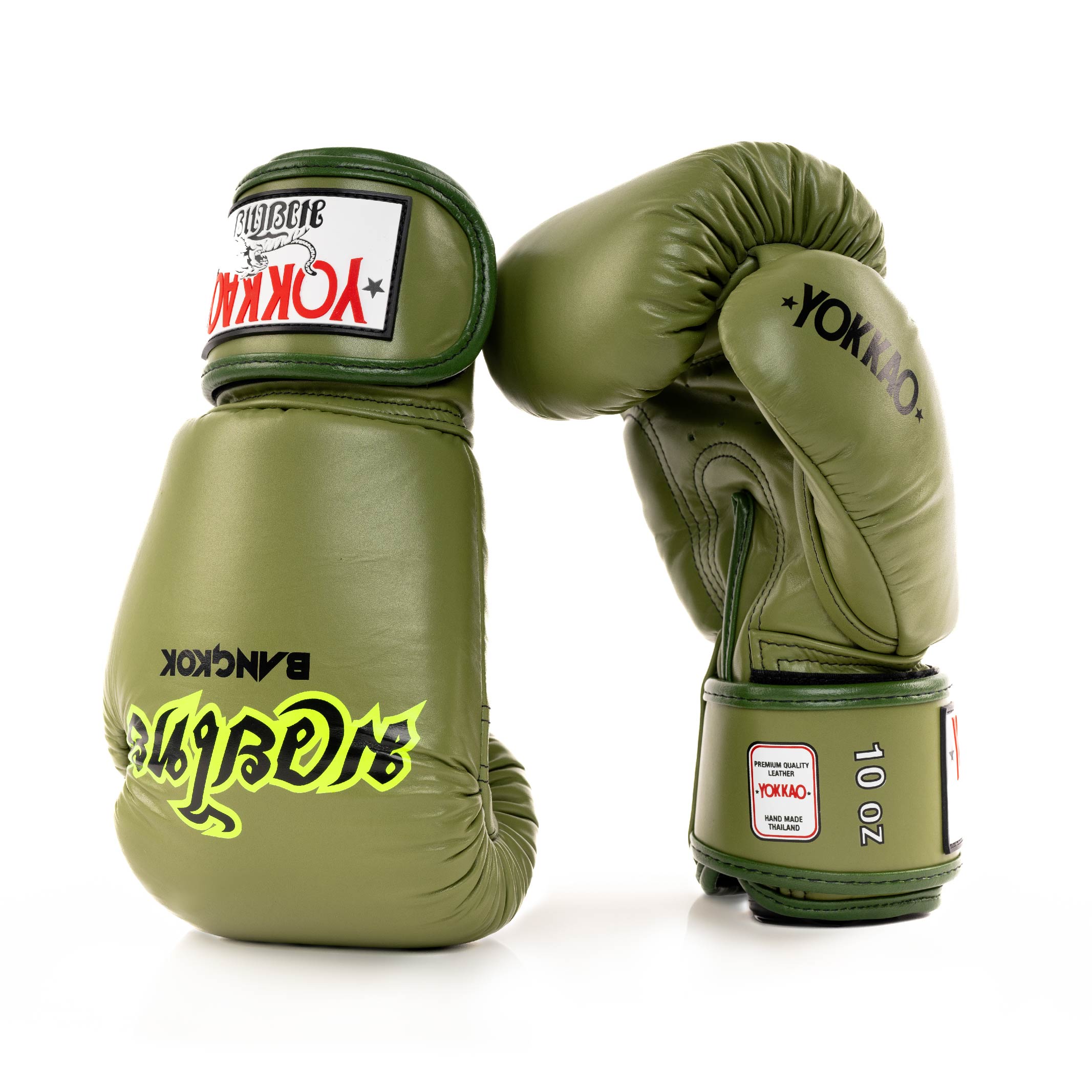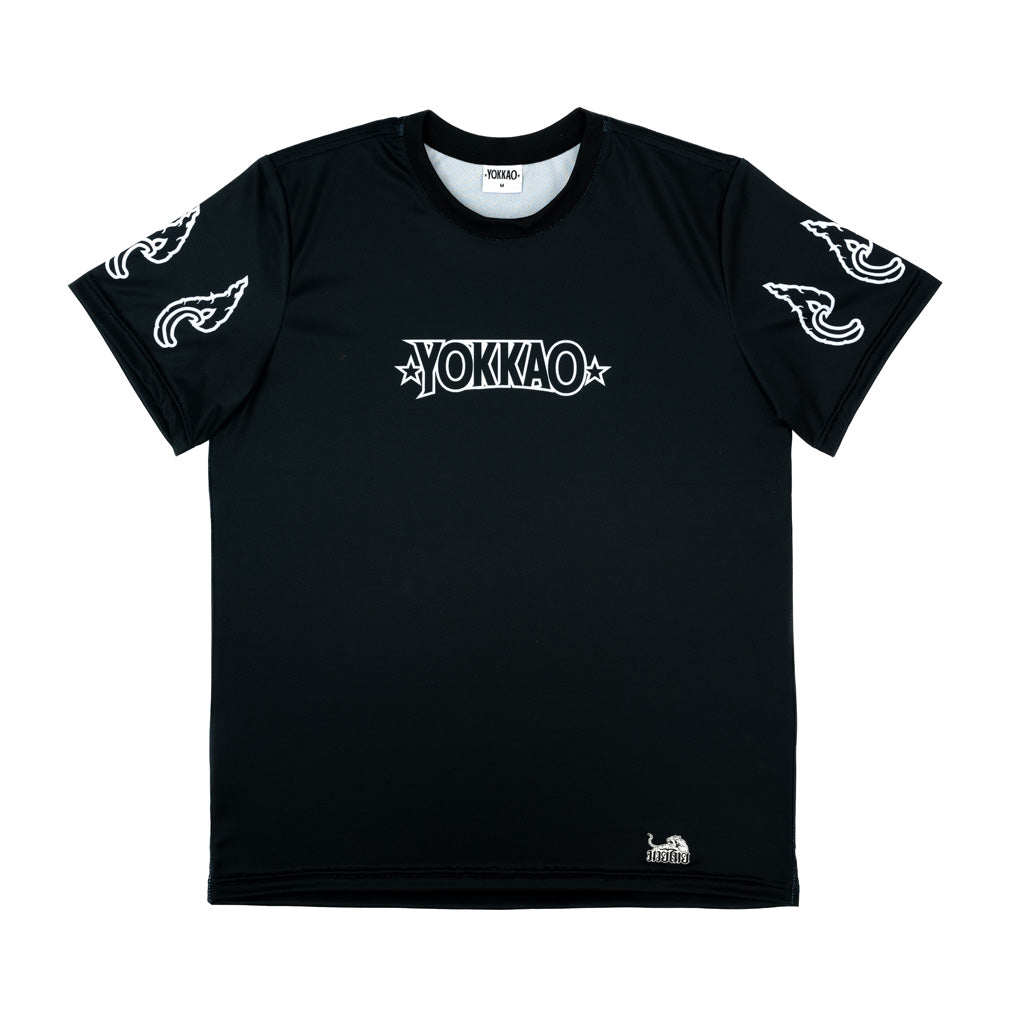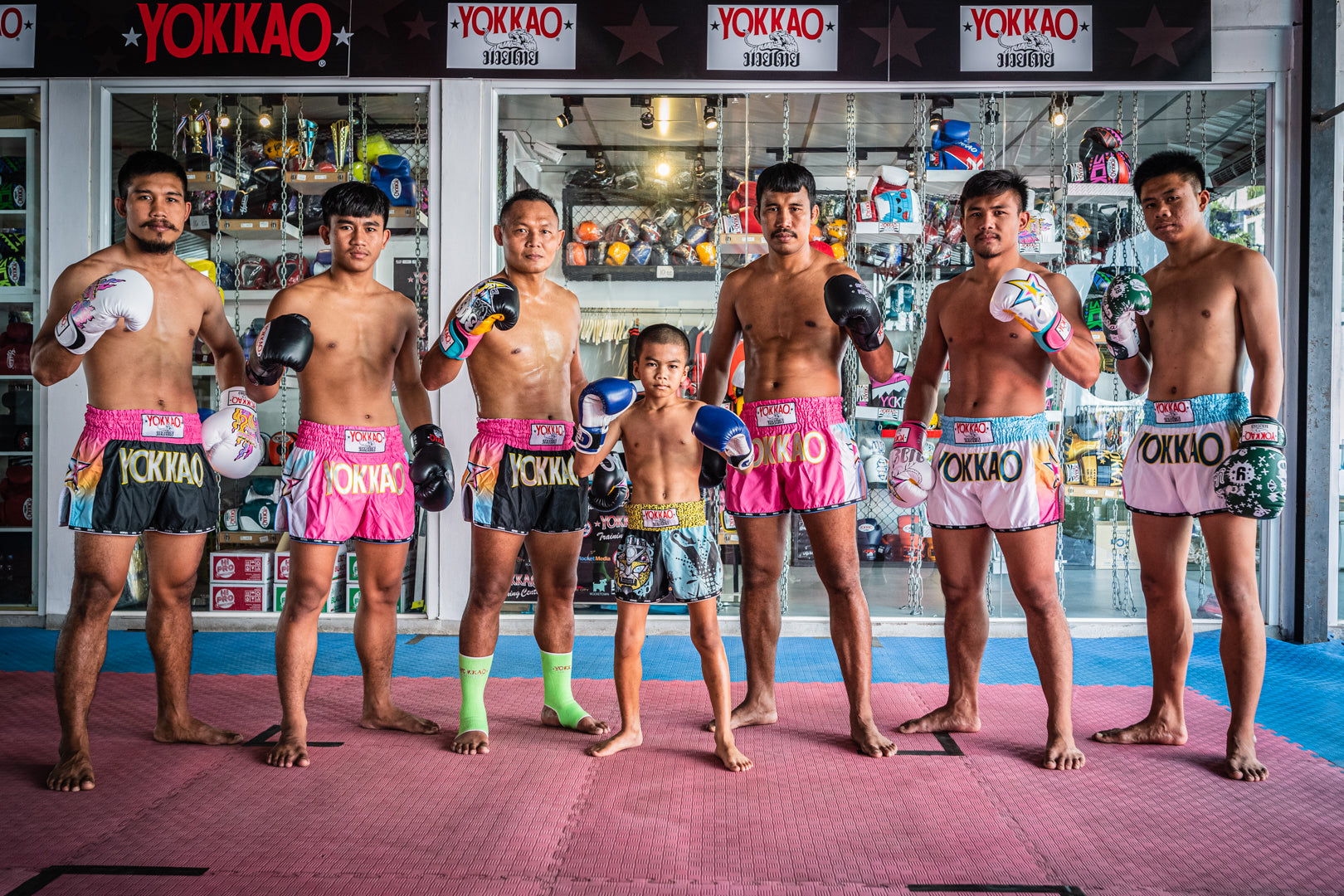Muay Thai Sparring Tips & Etiquette

Sparring is a key component of training for Muay Thai and other combat sports. It allows you to put into practice the techniques and combinations you have learnt, while accumulating soft experience against fighters of different styles. Sparring regularly helps to improve a martial art practitioner’s reflexes and perform under pressure. Even if you don’t eventually participate in an actual fight, sparring is a fun experience and makes for a great recreational workout.
Sparring Tips & Etiquette
For those about to spar or have started sparring, here are just some tips and things to take note of:
Relax
Many beginners to sparring get nervous or excited that they tense up easily. Making conscious effort to breathe and relax can minimise fatigue or gassing out too quickly. Most importantly, sparring is not a contest and meant to be an enjoyable process. In Thai, “Sabai” (relax) and “Sanook” (to have fun) are the guiding principles that summarise their approach to life, and in sparring.
Choose an Area to Focus On
Defining an objective provides structure to training. For example, you can choose to focus on a few select techniques, or reflex and defense, or learning to read your opponent’s moves. This will help to hone those specific skills over time.
Feedback
At the end of each round, ask your sparring partner on the areas that you can improve on. They are always in the best position to make observations on your strengths and weaknesses. Becoming aware of your weakness is the first step to eliminate it. Just don’t keep stopping mid-way to ask for feedback as this disrupts the flow.
Learn
We spar to learn, not to win and it is certainly not an ego contest. Generally, sparring is about techniques over power. This is applicable for all levels, particularly for beginners. Hard sparring may be done from time to time for those who are about to compete for the purpose of preparation. Some gyms in the West also have a hard sparring culture. However, hard sparring increases the risk of injuries and that should be taken into consideration especially if you are training for recreation purpose.
Respect
Whether it’s stepping into the ring or just daily sparring, it is important to show respect to your opponent, training partner or your trainer. In Muay Thai, opponents or sparring partners touch gloves before action commences and appreciation is shown with a “Wai” (slight bow with hands together) when it ends. Fighting or sparring may be very physical but win or lose, respect is always given to each other.


























